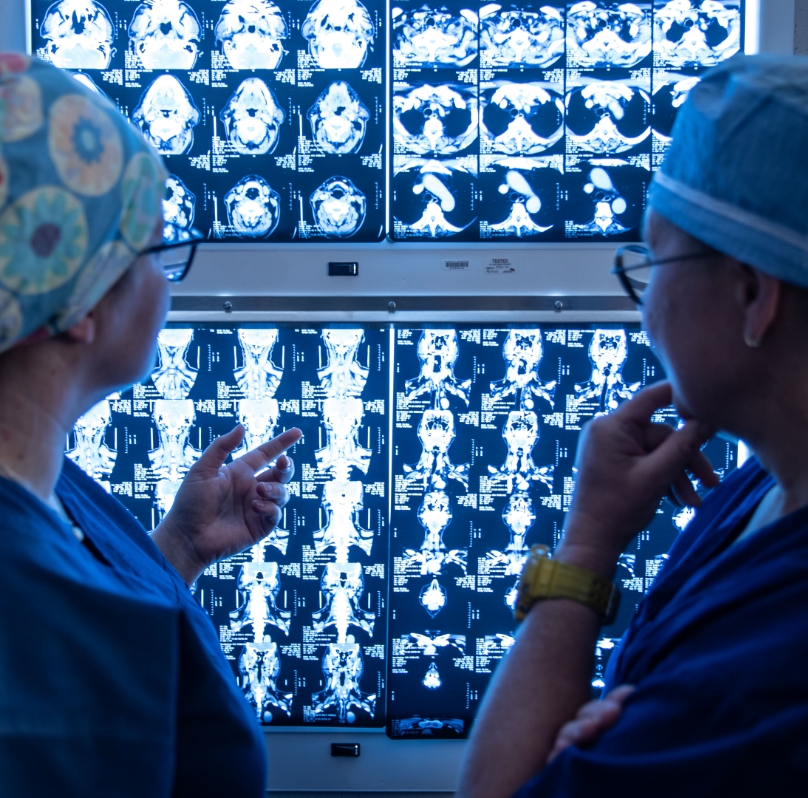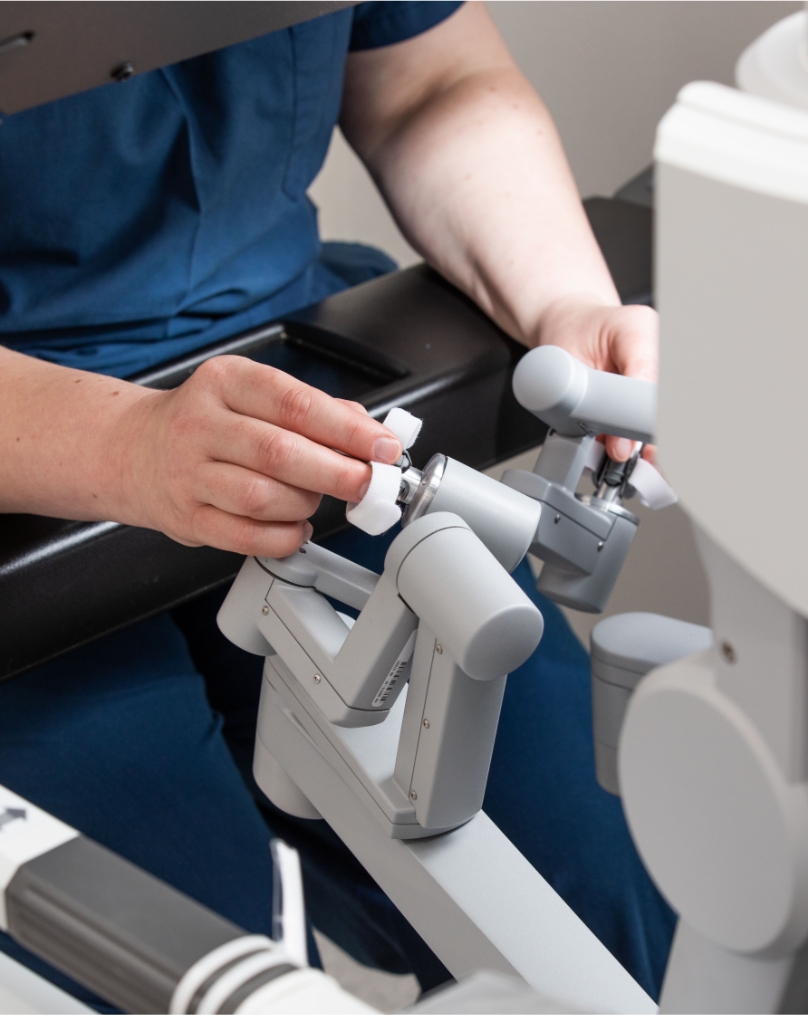
Snoring (OSA) SPECIALISED SURGERY
Surgery can be an effective treatment for sleep apnoea in the right patient. Specialised surgery is appropriate for patients who have underlying structural causes of OSA, when patients are not able to tolerate medical treatment like Continuous Positive Airway Pressure (CPAP) machines. As a specialist in surgical treatments for sleep apnoea, Dr Julia Crawford will advise whether surgery is the best treatment option for you.
What types of surgery can be used to treat OSA?
Various types of surgery may be used to treat OSA. Treatment is individualised, and Dr Crawford will recommend the least invasive option that is likely to be effective for you. Depending on the cause of your sleep apnoea, you may require more than one surgical procedure during your operation.
- Nose Surgery
Ongoing nasal obstruction can contribute to poor sleep and cause medical OSA treatments (like CPAP) to be unsuccessful. Nasal polyps, a deviated septum or swollen turbinates can be safely and effectively treated with surgery. After nasal surgery, you may still require ongoing CPAP treatment, but you should find it much easier to use.
- Upper Throat Surgery
Patients with large tonsils may benefit from a tonsillectomy. In many cases, reconstructive surgery is done to reposition the palate and throat muscles into a more forward sitting position. This is known as Modified UPPP surgery (Uvulopalatopharyngoplasty).
- Lower Throat Surgery
Obstruction in the lower throat may contribute to sleep apnoea symptoms. The base of your tongue may act like a trap door that blocks your airway when you sleep. Sometimes, radiofrequency treatment of the base of the tongue may reduce symptoms. In other cases, surgery is needed to remove excess tissue from the base of the tongue. These procedures are typically combined with surgeries on other throat areas.
- Bone Surgery
The position of your jaw may be compromising your upper airway during sleep. Maxillary expansion is a treatment option to increase the width of your upper jaw. Maxillomandibular advancement surgery (MMA), also known as double-jaw surgery, is a more invasive procedure that offers effective OSA treatment for certain patients. This type of surgery is usually performed by a different type of surgeon, an oral maxillofacial surgeon.
- Other Surgery
Another surgical treatment option for OSA, is an electrical implant that stimulates the hypoglossal nerve to improve the tone of the muscles in your upper airway. This is still only available in Australian in a clinical trial setting.
For some patients, losing weight could improve OSA symptoms. Patients with OSA who are obese, could consider bariatric surgery as an alternative to OSA surgery.
What is TransOral Robotic Surgery (TORS), and is it safe?
TransOral robotic surgery (TORS) is a new technique that uses modern technology to improve surgical precision. During TORS, a high definition camera and specialised instruments allow the specialist to control surgery from outside the patient. TORS offers lower complications and a faster recovery rate than traditional surgery. TORS can be used to remove tissue from the back of the tongue which may be contributing to obstruction.
There are very few fellowship-trained Robotic Head and Neck Surgery specialists in Australia, and Dr Julia Crawford is one of them. Depending on the OSA surgery that you require, Dr Crawford may offer you the option of TORS.
What are the risks of OSA surgery?
All surgery carries some risk. Dr Julia Crawford will formulate an individualised treatment plan for you, and discuss any procedural risks with you in detail.

Surgical treatment of OSA is a highly specialised and continually advancing field. If you require assessment for possible OSA surgery, it is recommended that you consult a sleep apnoea specialist like Dr Julia Crawford. Whether you suspect you may have sleep apnoea, or have been diagnosed and are experiencing difficulties with your current treatment, your GP would be able to assist you with a specialist referral. Our friendly staff will gladly assist you with a booking for Dr Crawford, at 02 8319 9434.

